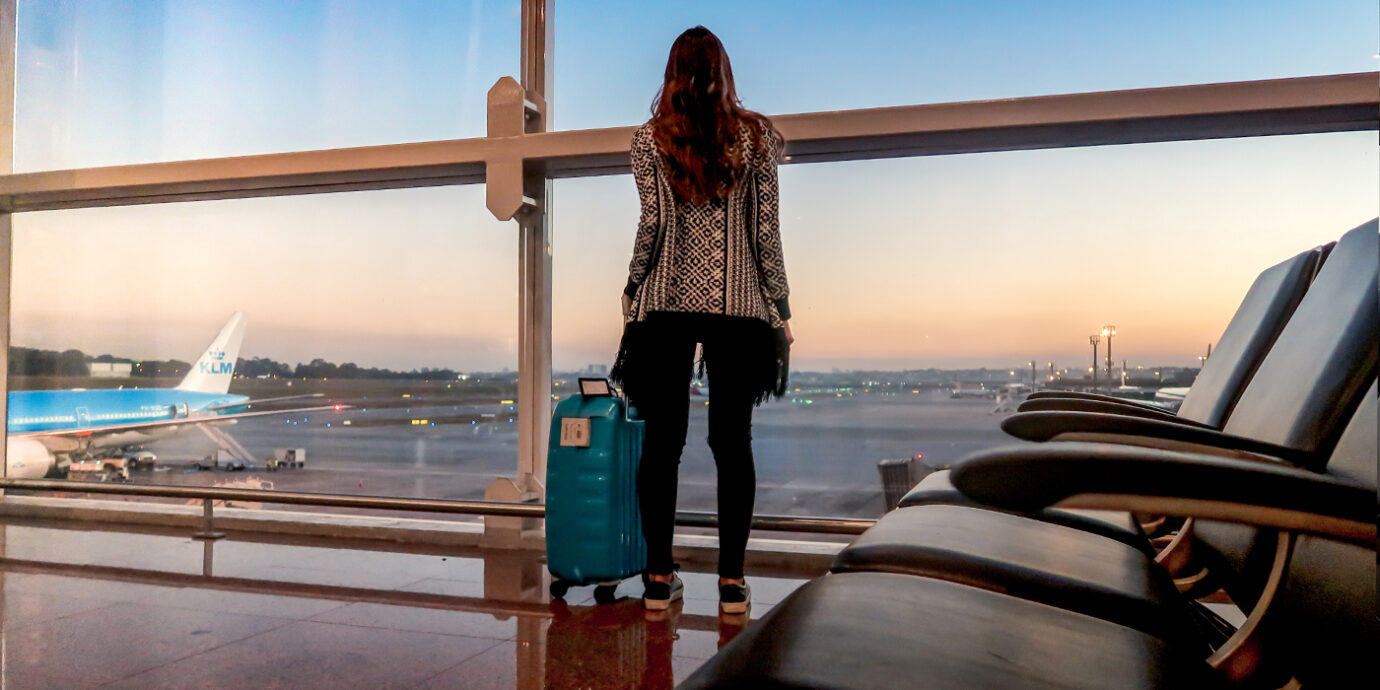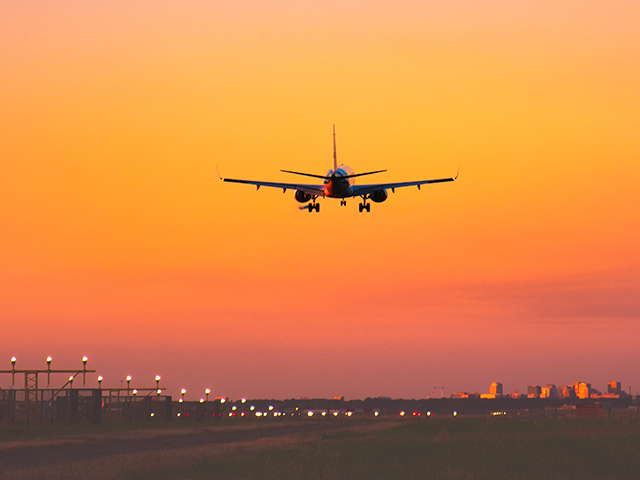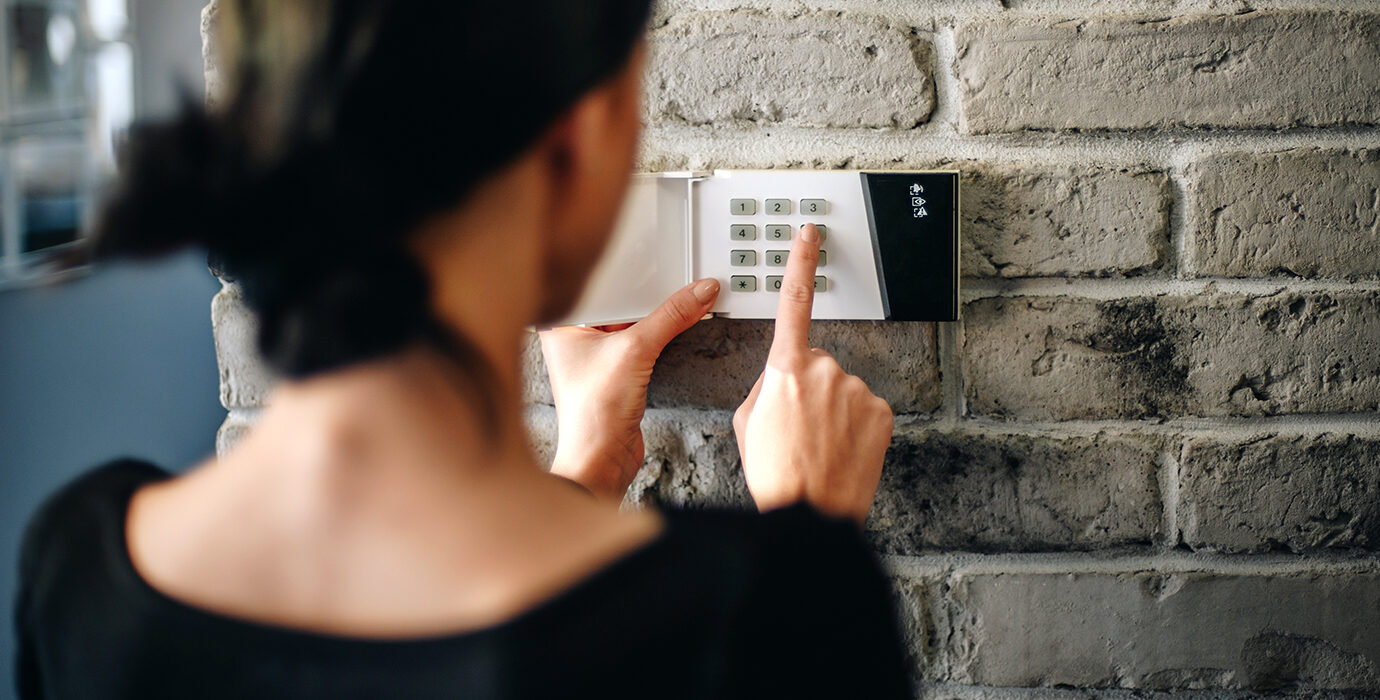
What Travelers Need to Know About Jet Lag and Melatonin
If you're reading this, then you’ve probably experienced jet lag—maybe right now you’re bleary-eyed and braindead looking for relief. Not to worry, you’re in good company: Some estimate two thirds of travelers suffer from it. Tactics like powering through with caffeine or naps can certainly work, but if you're still struggling to find your ideal jet lag remedy, we're here to help. Melatonin, for example, is a naturally occurring hormone that many travelers swear by when crossing multiple time zones, but there are safety issues and research on its effectiveness to consider. Read on for everything you should know about melatonin, as well as other science-backed jet lag remedies and prevention tips.
The Low-Down on Jet Lag
Jet lag combines the general malaise of a hangover with the loopiness of sleep deprivation. (Hats off to the Los Angeles Times for popularizing the term jet lag in 1966 and its symptoms.) In scientific terms, jet lag is classified as a circadian rhythm sleep disorder that often occurs with “transmeridian jet travel across at least two time zones.” Basically, our circadian rhythms are too slow to adapt to the rapid time-zone changes that often come with global travel. As for how it plays out, you’ll usually have poor sleep, daytime fatigue, and it can even interfere with appetite—truly a bummer if you travel for food.
What Is Melatonin?
You may have heard that melatonin can help with sleep troubles, and that it’s naturally occurring. In fact, our bodies release melatonin naturally to help regulate our circadian rhythms, also known as the sleep-wake cycle. Much like a 24-hour internal clock, circadian rhythms make us feel sleepy or awake at regular intervals. This “clock” is controlled by a teensy part of the brain known as the hypothalamus, which holds crucial clusters of nerve cells. When night falls, the eyes send a signal to one of those clusters (the suprachiasmatic nucleus), which in turn pings the brain’s pineal gland to churn out melatonin. But traveling from New York to, say, Mumbai or Tokyo can throw your circadian rhythms out of whack and leave you tossing and turning in the hotel bed. That’s why it can help to take melatonin prior to or once you’ve arrived at your destination. Happily, melatonin is widely available in supplement form over the counter.
The Science on Melatonin and Jet Lag
Something to know about melatonin: It’s considered the first “chronobiotic” to get doctors’ OK for use. A chronobiotic is a chemical substance that can synchronize circadian rhythms to environmental cues, like daylight and nightfall, or prevent their disruption in the first place. The research on melatonin as a jet lag remedy is promising. One study in particular, a 2002 review of 10 trials comparing melatonin to a placebo, should give travelers reason to cheer. In nine of those trials, people who took melatonin at bedtime after arriving in their destination (and after traveling across at least five time zones) experienced less jet lag. The National Sleep Foundation, while acknowledging that melatonin has generated buzz among travelers, cautions that melatonin supplements are unregulated by the FDA. For that reason, the foundation considers melatonin “an experimental approach to sleep problems,” and suggests talking to your doctor before using it—which is definitely a sound idea.

Safety and Side Effects
According to a sleep expert at the University of Michigan’s Sleep and Circadian Research Laboratory, melatonin supplements are generally safe for short-term use among adults. It’s non-toxic and non-addictive, but it’s worth keeping in mind that the long-term safety of melatonin is unknown. (We’re missing any long-term studies of human use.) There are also some possible side effects to melatonin supplements. You might feel drowsy the next day or experience dizziness, for example. Some people get headaches or suffer nausea. If you’re pregnant or breastfeeding, have diabetes, hypertension, or epilepsy, then you should skip melatonin. It’s also not recommended for kids. (See our other advice below when it comes to soothing sleep-deprived kiddos.)
How to Use Melatonin
For sleep troubles at home, experts recommend taking a small dose of melatonin: from 0.5 milligrams up to three milligrams, about one hour before going to bed. When you’re traveling and want to reset your sleep-wake cycle, take a small dose approximately five hours before you’d ideally like to fall asleep. Some research also suggests taking melatonin ahead of time when you’re traveling eastward—a dose on the day of travel, at your typical bedtime in the time zone of your destination, could help ward off jet lag. Doctors still don’t know exactly how much melatonin is too much, according to sleep experts at the University of Michigan. Avoid the mentality that “one is good so two must be better”: Too large a dose can cause melatonin levels to skyrocket to unsafe levels. Since not all melatonin supplements are the same, be sure to follow the label’s instructions for recommended dosage.
Other General Advice for Preventing Jet Lag
If melatonin isn’t for you, there are other ways to find relief from jet lag. For instance, make sure to get enough rest before your trip, as starting out sleep-deprived only worsens jet lag, according to the Mayo Clinic. You can also try to adjust your sleep schedule gradually by going to bed an hour earlier for three nights before your departing flight (when traveling east) or hitting the sack an hour later in the days leading up to your departure (when traveling west). Drink lots of water on your flight, as dehydration can make jet lag worse, too. When you arrive, getting light exposure in the evening (if you’ve traveled west) or in the morning (if you’ve traveled east) can also help your body adjust. Sipping Valerian tea or taking a glycine supplement around bedtime—or on your flight for that matter—can also help you catch those Z’s.
Three Items to Help With Jet Lag
Related Stories
- The Best White Noise Machines, Sleep Apps, and YouTube Videos for Great Sleep Anywhere
- My Under-$6 Secret Weapon for Sleeping Soundly on Any Flight—Even in the Middle Seat
- The Best Hand Sanitizers and Other Easy Ways to Avoid Germs While Traveling
All products have been hand-picked by our writers and editors. Items purchased through links may earn us a commission.






